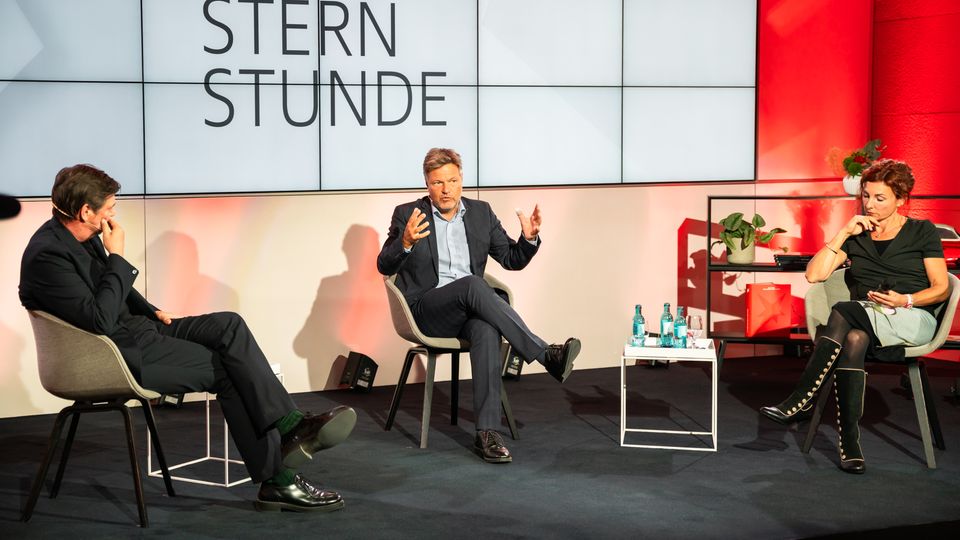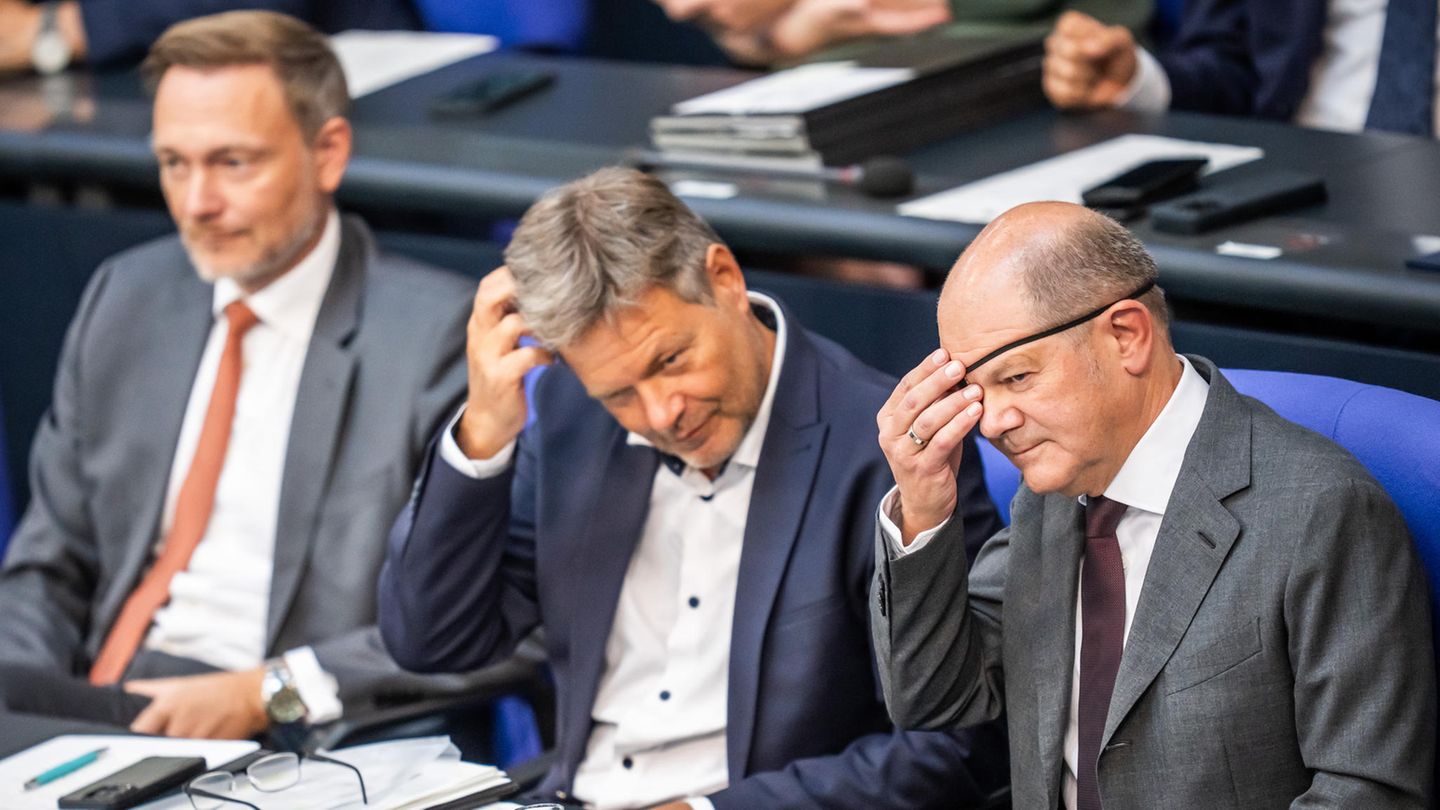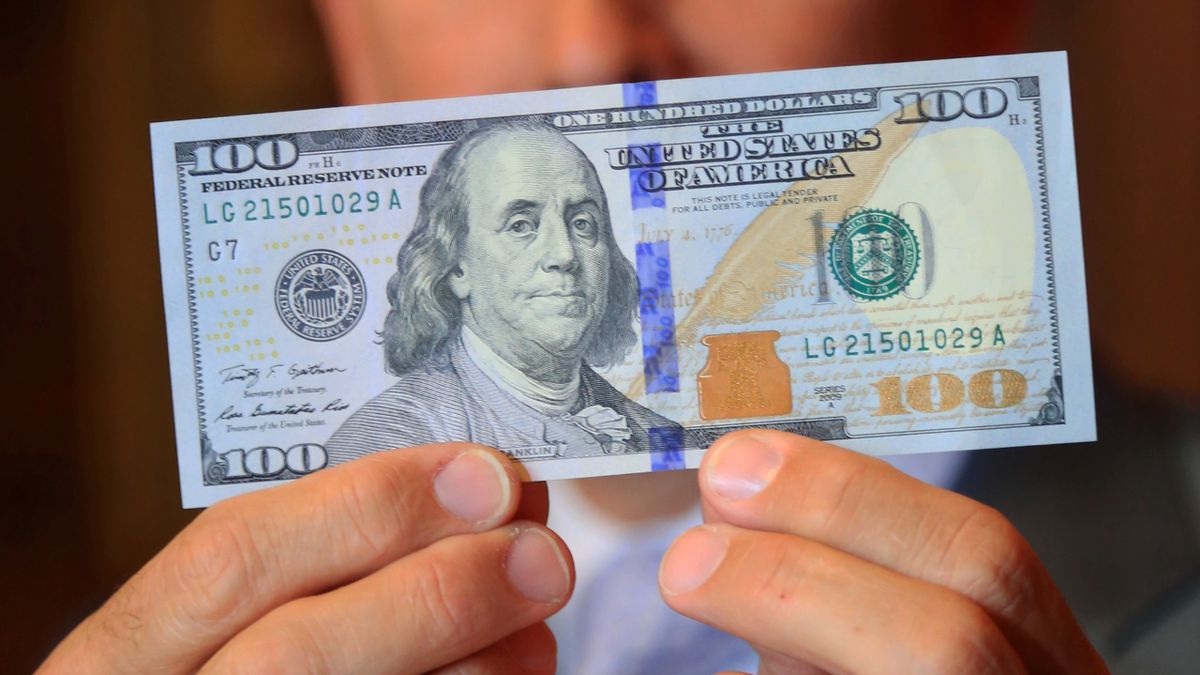Now it stands – the Bundestag has passed the heating law. The traffic light has looked into the abyss several times in the past few months. Five memorable scenes from a great political theater.
It is usually left to the capital’s press to find out juicy and explosive details from the government’s internal tussles and to bring them to the public. Seen this way, the Heckmeck surrounding the Heating Act – officially: Building Energy Act (GEG) – has made reporting considerably easier.
On an open stage and over months, the traffic light worked on “Habeck’s heating hammer”, exchanging small and large nastiness and driving the climate in the coalition to a low point. Now the great drama has come to a (somewhat) conciliatory end: the majority of the traffic light factions passed the GEG in the Bundestag on Friday afternoon. Five memorable scenes from a political theater that no one wants to see performed at traffic lights anymore.

© serienlicht / Imago Images
Very close
Are you interested in politics? – and read the most important information of the week, selected for you by our Berlin politics experts!
1. The dam burst
The beginning of the permanent Zoff drama can probably be dated to March 2, 2023. The “Bild” newspaper reports on an “energy hammer” from Robert Habecks (Greens), according to which the Economics Minister wants to ban oil and gas heating from 2024. This is not true in this absolute sense, especially since Construction Minister Clara Geywitz (SPD) is also partly responsible. The alleged Habeck plans are still causing a stir – even though they have already been sung in the coalition agreement and supported by the entire traffic light cabinet.
Or maybe not?
Due to an indiscretion, the important bill reached the tabloids prematurely. “Deliberately,” thunders a visibly worn-out Economics Minister Habeck in a television interview, “in order to damage trust in the government.” Talks were deliberately destroyed “for the sake of a cheap tactical advantage.” Particularly at the urging of the FDP, the GEG experienced some metamorphoses and was weakened several times. The climate in the coalition is reaching a low point.
2. The atomic bomb
A new protagonist appears who hasn’t played a major role for years: Frank Uwe Schäffler, once a “Euro rebel” and suddenly the secret “heather hero” of the liberals. He achieves what he has already achieved once in his career: he senses the discontent in the party and parliamentary group earlier than others, and obviously earlier than party leader and Finance Minister Christian Lindner. Once in Euro politics, now in the traffic light reform workshop.
In a parliamentary group meeting, Schäffler summed up the fact that “Habeck’s heating hammer” does not enjoy liberal blessings: the draft is “an atomic bomb for our country.” Leading FDP politicians are jumping on his rebellious bandwagon, which will make a few memorable stops: At the FDP party conference in April, Schäffler pushes through a motion against the controversial heating exchange, and later he collects 101 questions about the GEG for Habeck – and thereby ensures .
3. The Heilmann hammer
Wednesday in the last week of sittings before the parliamentary summer break. In the cafeteria of the Bundestag in the early afternoon, a man is sitting comfortably eating vegetable lasagne: It is Thomas Heilmann, the CDU MP who will give this crazy week an even crazier spin.
In Karlsruhe, Heilmann single-handedly sued against the rapid parliamentary action on traffic lights in enforcing the heating law. If the court grants his request for an interim order, the heating law cannot be passed on Friday, the last day of the session.
Heilmann is a popular man on this day. First a colleague from the CSU sits with him, then a group of star-Journalists and finally the former Health Minister Hermann Gröhe, a party friend of Heilmann. The decision from Karlsruhe is still a long time coming.
Then, at 10:11 p.m., the Heilmann hammer falls.
The GEG cannot be passed before the summer break, and the explosion from Karlsruhe also caught the Chancellor’s SPD party completely unprepared at its traditional court festival. There is no official language regulation, the more important coalition members present first get a beer or a white wine. Then: crisis meeting. Its getting late. The day after the decision, the coalition members were demonstratively calm and promised an orderly process after the summer break. But they know: the traffic lights are now facing tough days. Because after the verdict comes before the blame.
4. The Habeck reflection
Every tragedy has a tragic hero, in this piece it is definitely Robert Habeck: the GEG has affected him politically like no other, sending his popularity ratings plummeting – in other words, to where the voters thought the Minister of Economics was, to give them the old one To tear out the oil or gas heater yourself. That’s nonsense, of course: Habeck would, if at all, send someone to do it for him, some Greens attempted gallows humor when the heated debate about the GEG finally subsided during the summer break. The “heating hammer” has also knocked down their poll numbers. What went wrong?

“This moment of real fear – we’re running out of gas – to: Well, not so many unreasonable demands, I missed it,” said Habeck a few days ago in the “star Hour”, the new live talk format star. “I admit that, it doesn’t bother me at all.” But that doesn’t make the law any less right, says the Economics Minister. The debate about the GEG was “very loud”. “And it wasn’t always easy to hear the nuances when there was just shouting.” ()
5. The End
On Friday afternoon, September 8, 2023, it will be done: a majority of the government factions will pass the GEG in the Bundestag. The law still has to go through the Federal Council at the end of September. Then the drama is over, but now for real.
Or? You never know with this law.
Source: Stern
I have been working in the news industry for over 6 years, first as a reporter and now as an editor. I have covered politics extensively, and my work has appeared in major newspapers and online news outlets around the world. In addition to my writing, I also contribute regularly to 24 Hours World.




